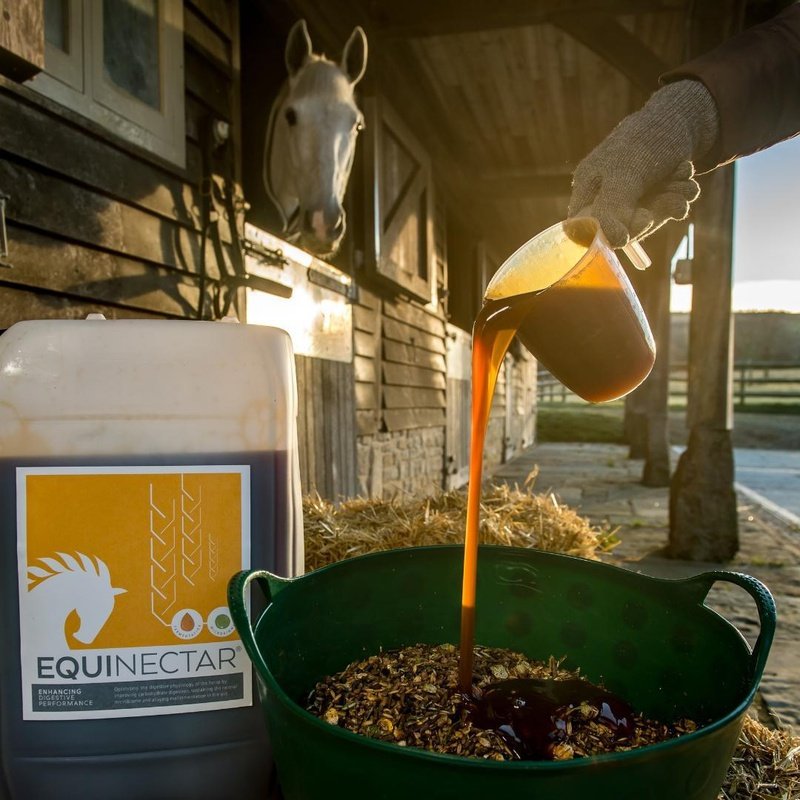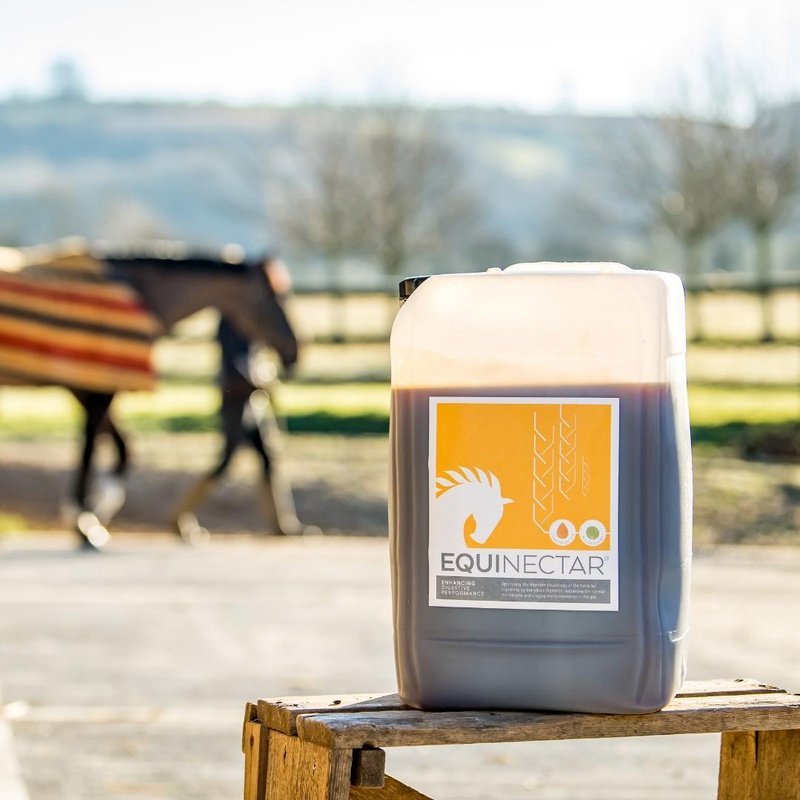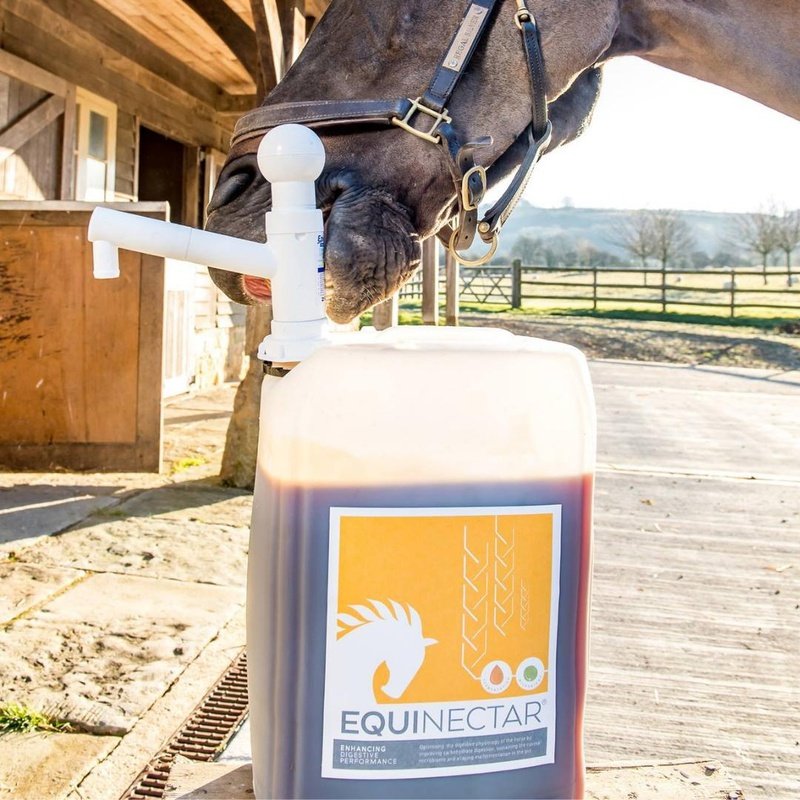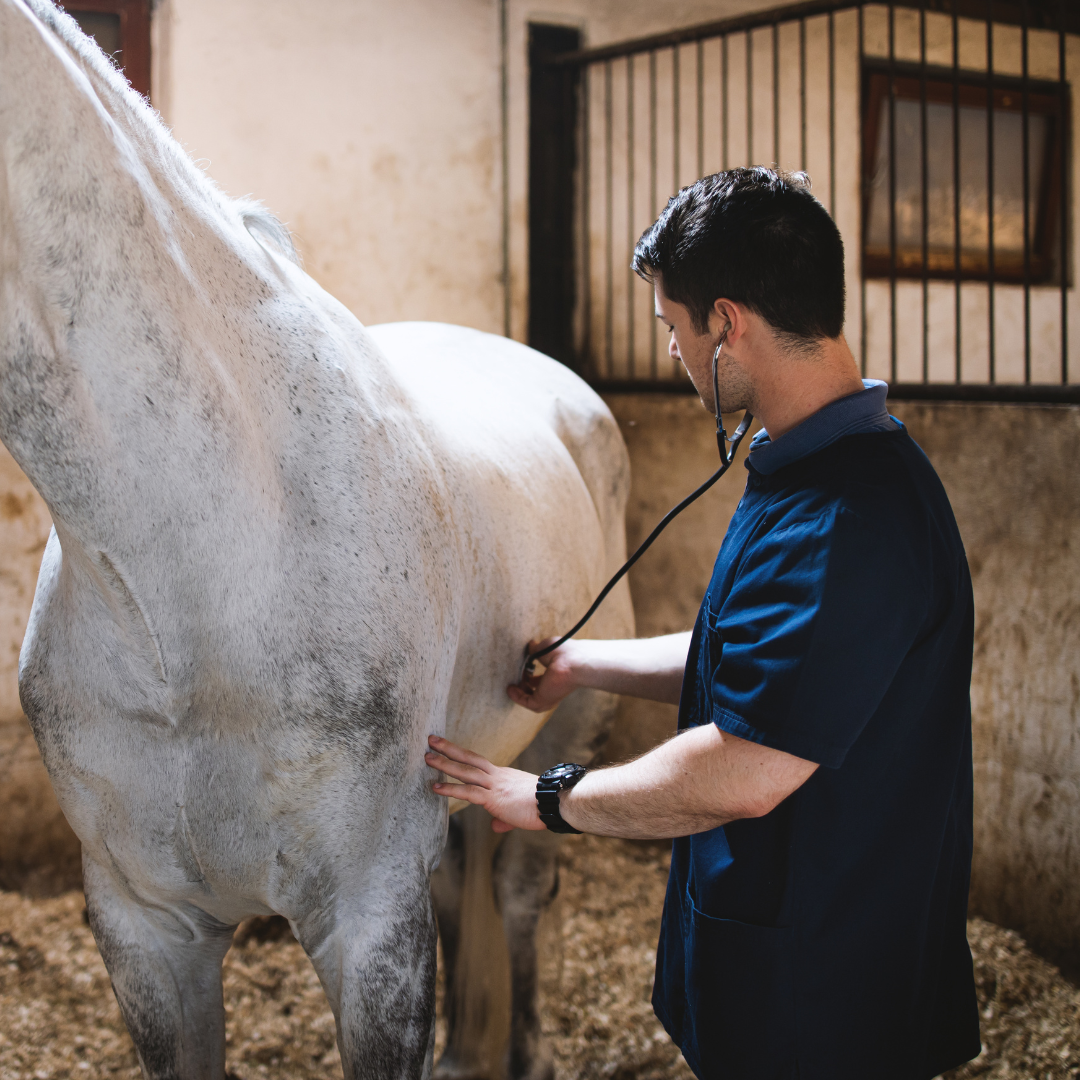This study, led by researchers Claire Turner, Claire Batty, Ebony Escalona, John O. Hunter, and Christopher Proudman, is the first to use a specialized measurement technique called SIFT-MS to analyze chemical compounds in horse manure samples, comparing horses with and without colic. The research looked at horses experiencing digestive problems and compared them to healthy horses at the University of Liverpool's Philip Leverhulme Equine Hospital.
The study focused on Thoroughbred horses between 5-19 years old, all eating similar diets. The research team collected manure samples during medical exams, froze them immediately in liquid nitrogen, and stored them at very cold temperatures for later testing.
The analysis showed important differences in the levels of two chemicals, acetone and methanol, between sick and healthy horses. Using advanced statistical methods (OPLS-DA), researchers could effectively tell the difference between the two groups of horses. They also found that ammonia levels were significantly different between the groups.
The research team identified several chemicals in the horse manure samples, including acetaldehyde, acetic acid, acetone, ammonia, and ethanol. These findings suggest that horses with colic have different digestive processes than healthy horses, which affects how food breaks down in their gut.
The study shows that SIFT-MS testing, combined with statistical analysis, can successfully detect changes in gut bacteria activity in horses with digestive problems. While measuring individual chemicals might not be enough to diagnose colic, looking at patterns of multiple chemicals could help monitor and assess the condition. This method is faster and easier to analyze than traditional testing methods, helping researchers better understand the chemical changes that happen during equine colic.










Share: